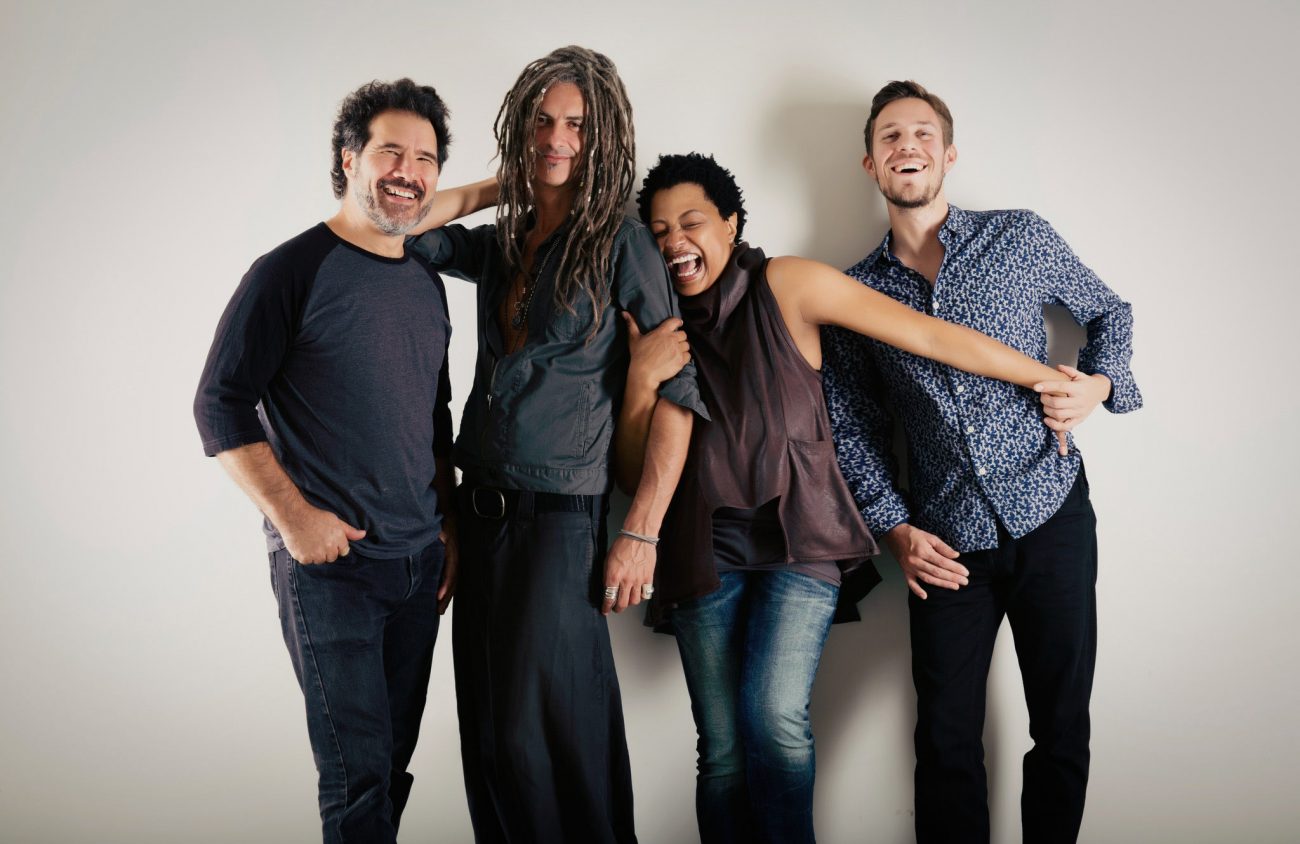Ernest Hemingway played the cello. He went on to do a bunch of other stuff, too, after those childhood lessons in Illinois, like bullfighting in Spain, driving an ambulance during World War I, deep-sea fishing in Cuba and Florida, big game hunting in Africa and, oh yeah, writing some of the 20th century’s greatest novels.
Both the novels and the cello lessons inspired the centerpiece of Eugene Symphony’s concert for Thursday, March 15, American composer Michael Daugherty’s dramatic 2015 cello concerto, Tales of Hemingway.
Each movement evokes episodes from Hemingway’s stories or life. In the wistful first, a WWI vet heals himself through immersion in a Michigan wilderness. In the tense second, an American is on a suicide mission to help the antifascist side in the Spanish Civil War (including a rolling bell). The cinematic third depicts an old fisherman struggling against wild natural forces. In the Spanish-inflected final movement, a disillusioned Lost Generation bohemian American expat seeks inspiration from bullfighting and the famous running of the bulls.
Daugherty’s colorful concerto won three Grammy Awards last year. Commissioned and premiered by the Nashville Symphony, led by former Eugene Symphony music director Giancarlo Guerrero, it continues Daugherty’s long string of likable works inspired by American culture and history, from Superman, Elvis and Liberace to the Brooklyn Bridge and Mt. Rushmore.
One of the world’s finest cellists, Zuill Bailey, who played in the premier and recording, is the soloist here, and he’s also performing in a variety of settings around town and the UO as part of his residency here. The concert also includes a pair of Sibelius’s most popular creations: his fifth symphony and Sad Waltz, plus that quintessential piece of 20th-century Cuban music, Ernesto Lecuona’s Malagueña.
Hemingway’s late-in-life nickname was “Papa,” and that title certainly also applies to J.S. Bach, sire of a score of children (as the old joke goes, the 18th-century organist and composer’s organ had no stops) and much of the classical music that followed his prolific career.
This month offers a couple of Sunday opportunities to hear Bach’s music. On March 11, Baroque violinist Michael Sand and harpsichordist Margret Gries play some of his scintillating sonatas on the instruments and in the tunings the composer had in mind when he wrote them. On March 18, the ChamberMusic@Beall series brings the excellent pianist Simone Dinnerstein to play Bach’s Goldberg Variations on a modern piano and anachronistic tunings.
Also at Beall on March 15, Albanian pianist Redi Llupa plays the complete piano sonatas of the first African American composer to win the Pulitzer Prize for music, George Walker.
Retired UO prof Hal Owen is a father figure to many Oregon graduates. On Sunday at First United Methodist Church, works by the former head of the composition program will be celebrated in music for choir, flute, marimba, clarinet and more, with some of Eugene’s top musicians, including Michael Anderson, Alice Blankenship, Brian Scott and Laura Wayte.
Music by a contemporary Eugene composer is on the bill at Springfield High School Auditorium March 18 when Eugene Springfield Community Orchestra teams up with the Delgani String Quartet to play the world premiere of John Hidalgo’s The Five Virtues.
In the UO production of Bertolt Brecht’s Mother Courage, which runs through March 17, you can hear original music by UO grad student Daniel Daly. And on March 19, Eugene Symphonic Band plays band classics by Holst, Shostakovich, Sousa and more at First Baptist Church.
There’s some serious dad music coming to town Saturday too, with several retro concerts including North Carolina’s delightful Squirrel Nut Zippers performing their signature mix of Delta blues, gypsy jazz, New Orleans funk, 1930s-era swing and klezmer at The Shedd, and Stumptown Swing playing Lindy Hop, Balboa and other swing dance tunes at Broadway house on March 10. And on March 17, vibes titan Chuck Redd and singer/bassist Nicki Parrott play more swing, American songbook standards and bossa nova. ■
